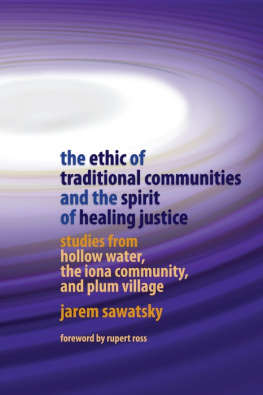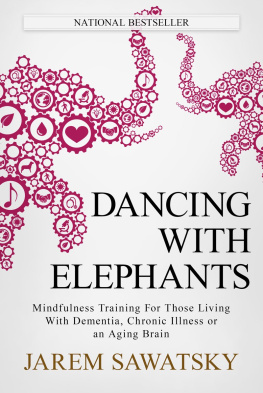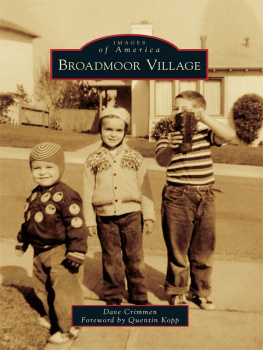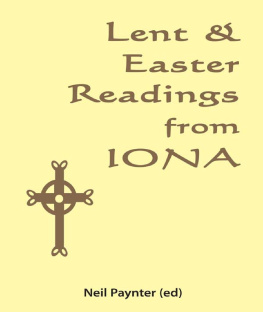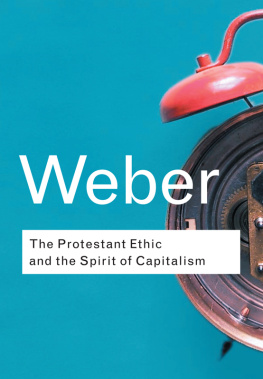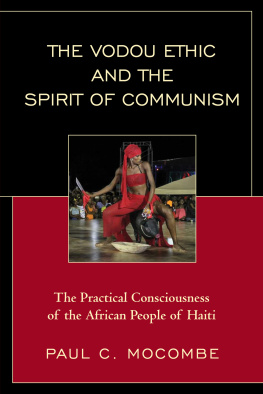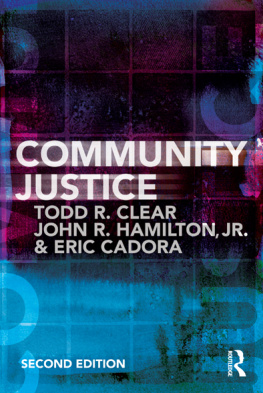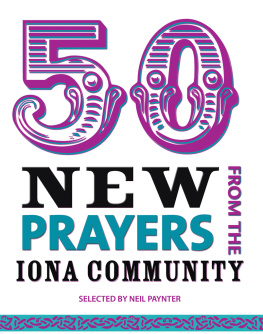Acknowledgements
All research is, of course, communal. In research we enter into a web of relationships, and even our observing changes their nature and our nature. What we see is not just dependent on what is there. We see through the lens moulded by those who have gone before. We cannot help but stand on the shoulders of our ancestors, our mentors and our enemies. Each shape what we see, how we see it and what meaning we attach to it. As I have learned from the communities in this study, acknowledging the gifts of those who have gone before is an important part of doing healing justice.
At the heart of this research are three wonderful communities. While each had grounds to be suspicious of academic university research, each agreed to participate in the research and to host me as I tried to learn as much as I could about their approaches to healing justice. I would like to thank the Elders and community of Hollow Water, Manitoba, Canada for agreeing to participate in this research. In particular I would like to thank Burma Bushie, Marcel Hardisty, Sharon Klyne, Jeanette Cook, Randy Ducharme, Gabriel Hall, Bernie Hardisty, Laura Hardisty, Marilyn Sinclair, Donna Smith and the rest of the staff at Circle Healing and Community Holistic Programme. In Plum Village I would like to thank Thich Nhat Hanh, Sister Chn Khng, Php Liu, Chn Tng Nghim, o Nghiminh Nghim, Mai Nghim, Nhu Nghim, Tn Nghim, Trish Thompson, Php Xa and the rest of the monks and nuns at Plum Village in France. In the Iona Community in Scotland (and beyond) I would like to thank Kathy Galloway, Graeme Brown, Ruth Burgess, Tom Gordon, Desire van der Hijden, Nick Prance, Zam Walker, Richard Sharples and Biddy Sharples. It is a deep honour to enter into the imagination, stories, traumas and joys of another person and other communities. It is also a great responsibility. I have tried from beginning to end to conduct this research in respectful ways. I deeply thank these communities for sharing their ways, for being my teachers and for encouraging me to practise the habits of healing justice within the concrete fabric of my life.
Colleagues at four universities have played an instrumental role in encouraging this research: to my colleagues at the Canadian Mennonite University and Menno Simons College where I have taught in peace and conflict transformation studies, and to my colleagues at Eastern Mennonite University (USA) and the University of Hull (UK) where I have been both student and guest lecturer, I thank you. Your encouragement and modelling on how to teach, to research but also to engage practically with justice, peace and healing has coloured these pages.
International comparative research is a costly endeavour. I wish to thank those bodies which graciously funded this research: University of Hull Law School, University of Hull Graduate School Conference Support Fund, University of Hull Law School Research Committee Grant, Modern Law Review Scholarship, and the Sir Philip Reckitt Educational Trust.
A number of colleagues have made important contributions to this work by reading and critiquing parts of this manuscript. I would like to thank Howard Zehr, Rupert Ross, Tom Fisher, Len Sawatsky, and Michael Bischoff. A special thank you goes to Gerry Johnstone and Tony Ward who met with me regularly and provided invaluable input and encouragement throughout this research. I would also like to thank a number of conferences which allowed me to present my research as a work in progress: 3rd Asia Pacific Mediation Forum Conference: Mediating Cultures (Fiji); University of Hull, Law Symposium (UK); Canadian Mennonite University (Canada); University of Hull Workshop Exploring the Boundaries of Contemporary Legal Discourse (UK). I need to thank Wanda D. McCaslin and James Youngblood Henderson at The Native Law Centre of Canada for publishing an early version of Chapter 1 in their newsletter Justice as Healing. Thank you also to the Restorative Directions Journal and Peace Research: The Canadian Journal for Peace and Conflict Studies for publishing some of my preliminary findings and extending some of the arguments present in Chapters 2 and 8 respectively.
A number of people also helped with the editing of this work. Thank you to Rhona Sawatsky, Roger Gateson and especially to Albert Labun who with great care, attention and love worked with me at each stage.
I especially thank my family, my mother, Donelle Sawatsky, who demanded that I study the law of love and who died during this research, and my father, Len Sawatsky, who introduced me to restorative justice while I was still a child. To Grain of Wheat Church Community, an intentional community in Winnipeg to which I belong, I thank you for all your encouragement and nourishment. And finally my family to Rhona, Sara and Koila who accompanied me in so many ways in this journey into healing justice. I thank you.
Foreword
I am honoured to contribute the Foreword to Jarem Sawatskys brave, articulate and important work.
My first contact with Jarem came early in his research, when he called to ask for guidance on how best to approach the Community Holistic Circle Healing Program at the aboriginal community of Hollow Water in Manitoba, Canada. That was significant in itself, telling me that he understood a critical challenge: because such programs are centered on the creation of good relations, you cannot hope to glimpse their philosophical underpinnings, or truly understand their program details, unless you first nourish your own good relations with the people involved. As he phrased it within these pages:
I set out to find respectful, non-colonializing ways of doing research with three diverse traditional communities. I found that such research was both possible and highly rewarding. Respectful research builds not only high quality research outputs but also friendship and lasting connections. The people I met in these communities became my teachers and, in some cases, friends. They are inheritors of old traditions of living life in more healing ways Through taking the time to develop and keep modifying a methodology based in respect and partnership and through creating multiple cycles of listening and interpreting, I was slowly able to understand how these communities approach healing justice.
From my perspective, that is one of this books core contributions: it highlights the need for a very different research methodology when approaching any program styled around the notion of justice-as-healing.
I was also intrigued by his sense that he had found enough similarities between the approaches of an aboriginal community in Canada, a Celtic-Benedictine community in Scotland and a Vietnamese-Buddhist community in France to warrant deeper comparison, and I have been anxiously awaiting his findings. My wait has been rewarded, because he has discovered that, to a significant degree, the core beliefs of each community appear to flow from common understandings about the essence of creation, and the role of mankind within it. In the pages that follow, he gives voice to three distinct ways of expressing those shared, foundational beliefs, and each articulation adds to our understanding of all. I also suspect that each of the three communities will be interested to learn that they are not alone, either in what they are doing or in the world view that is manifested in their work. Other communities will also find a resonance with these voices, and likely a deeper determination to forge similar paths.
I am also impressed by the way Jarem has articulated the many contrasts between the social paradigm that creates justice-as-healing approaches and the prevailing western paradigm that spawns our crime-and-punishment approaches and keeps us trapped within them. Too-often even well-intended westerners jump into restorative justice processes only to cause

